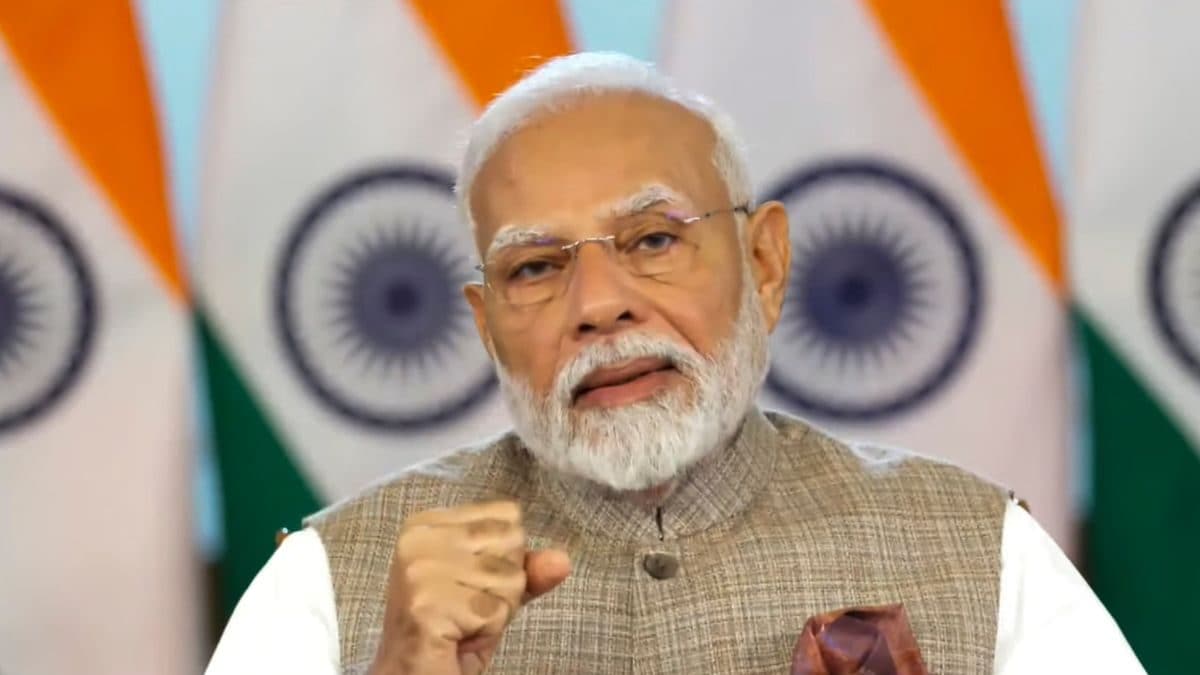The Pradhan Mantri Jan Dhan Yojana (PMJDY), launched in 2014 by Prime Minister Narendra Modi, has become a cornerstone of India’s financial inclusion efforts, playing a crucial role in shaping the country’s welfare landscape. This initiative has been instrumental in facilitating direct benefit transfers (DBT) to the poor, eliminating leakages and empowering the marginalized.
PMJDY: A Foundation for Financial Inclusion
The PMJDY was envisioned as a means to bring the unbanked population into the formal financial system. Its launch marked a significant step toward financial inclusion, providing millions of Indians access to basic banking services. The scheme encouraged individuals to open bank accounts, thereby creating a framework for direct transfer of government benefits, subsidies, and financial assistance.
Expanding Access to Financial Services
Prior to the PMJDY, the poor often relied on informal financial networks, susceptible to exploitation and prone to leakages. The PMJDY broke this cycle by enabling individuals to open zero-balance bank accounts, providing them with access to a range of financial products and services, including savings accounts, debit cards, and insurance. This initiative facilitated access to credit, microfinance, and other essential financial services, empowering them to manage their finances and participate more effectively in the economy.
A Catalyst for Welfare Programs
The PMJDY acted as a springboard for the government’s numerous welfare schemes. The government’s ability to transfer funds directly into bank accounts paved the way for efficient delivery of social welfare benefits, eliminating the need for intermediaries and reducing corruption.
Direct Benefit Transfer (DBT): A Game Changer
The implementation of DBT became a key enabler for welfare schemes like the Pradhan Mantri Kisan Samman Nidhi (PM-KISAN), the Mahatma Gandhi National Rural Employment Guarantee Act (MGNREGA), and the PM Ujjwala Yojana. By eliminating intermediaries and streamlining the transfer process, the government could ensure timely and transparent delivery of these benefits, directly impacting the lives of millions of beneficiaries.
The Indignity of Poverty Eradicated
Beyond the immediate benefits of financial inclusion and streamlined welfare programs, the PMJDY also addressed a critical aspect of poverty – the inherent indignity faced by the marginalized. It offered them a sense of empowerment and dignity, allowing them to access financial services without reliance on informal and exploitative channels.
Empowerment Through Financial Access
The PMJDY facilitated a shift in the power dynamics, providing individuals with a sense of autonomy and control over their finances. It reduced their dependence on intermediaries and empowered them to make informed financial decisions. This empowerment, in turn, fostered a sense of self-respect and social inclusion, paving the way for economic upliftment.
Ending Exploitation and Inequality
The PMJDY challenged the traditional power structures that often exploited the vulnerable population. By removing the middleman, the scheme curtailed corruption and ensured fair distribution of benefits. This empowered the poor, marginalized, and vulnerable sections of society, giving them a voice and agency in their own lives.
A Lasting Legacy
The PMJDY stands as a testament to the government’s commitment to financial inclusion and the transformative power of inclusive development. It serves as a powerful tool for driving social and economic progress, ensuring that the benefits of economic growth reach the most marginalized and vulnerable sections of society.
The Impact of the PMJDY:
- Increased financial inclusion: Over 44 crore accounts were opened under PMJDY, bringing millions of people into the formal financial system.
- Improved access to essential financial services: Individuals were empowered to open bank accounts, access credit, microfinance, insurance, and other financial products.
- Streamlined welfare schemes: Direct Benefit Transfer (DBT) under the PMJDY enabled faster, more efficient, and transparent delivery of welfare benefits, eliminating leakages.
- Enhanced economic empowerment: Financial access provided the poor with a sense of control and dignity, fostering their economic agency and social mobility.
Takeaways
The Pradhan Mantri Jan Dhan Yojana is a remarkable success story, a testament to the power of inclusive development and the transformative potential of financial inclusion. This initiative has significantly impacted the lives of millions, offering a roadmap for creating a more just and equitable society, where everyone has the opportunity to participate and contribute to the nation’s progress. Its enduring legacy will continue to shape the socio-economic landscape of India for generations to come.




